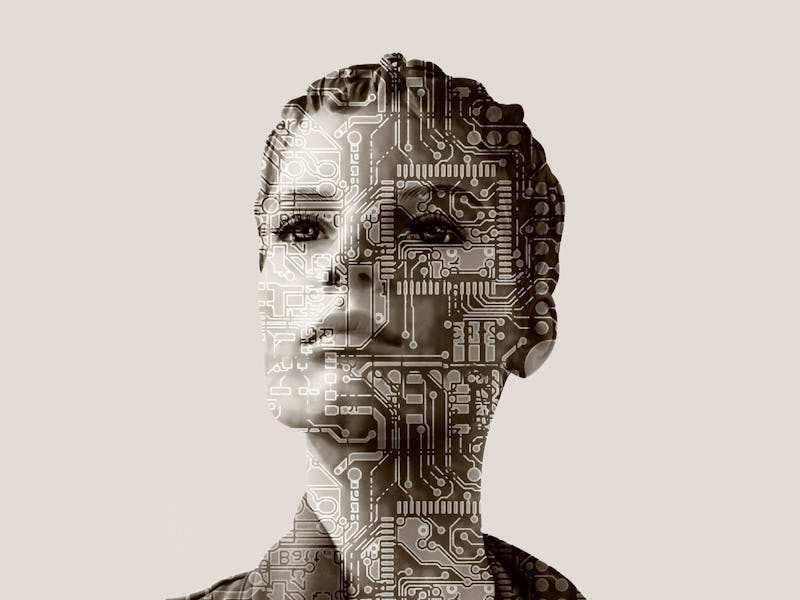To Fight Cancer, A.I. Will Do More Reading Than Humanly Possible

IBM continued Watson’s evolution on Thursday when the computing company announced it will use the artificial intelligence system to seek out new treatments for cancer patients.
The plan also includes a partnership with drug-maker Pfizer, and for good reason: It will be one of the first companies to use Watson for drug research and the first to customize the A.I. for its own purposes. Pfizer will use Watson to “support the identification of new drug targets, combination therapies for study, and patient selection strategies in immuno-oncology.”
This collaboration is part of IBM’s efforts to use Watson as a medical tool. The company said that the A.I. has “ingested” more than 1 million articles from medical journals, 4 million patents, and 25 million abstracts from Medline, a medical supplies manufacturer and distributor.
Watson uses machine learning, natural language processing, and other technologies to absorb information from all those sources. A study published in 2014 shows that human researchers only read about 264 articles per year, on average, which is but a fraction of Watson’s capabilities.
This makes Watson and other A.I. uniquely suited to find information researchers might not discover on their own. IBM is the latest tech company to begin this project; Google has a project going and Microsoft also wants to “solve for cancer.” The company’s using A.I. to come up with treatment options for cancer patients, monitor a tumor’s progress, and even program cells to fight diseases.
Google plans to use its DeepMind A.I. to help treat head, neck, and oral cancers. The A.I. will be used in a process called “segmentation” that allows doctors to avoid damaging healthy tissues during radiotherapy treatments. Segmentation can be a time-consuming process. DeepMind was tasked with cutting the procedure down to just one hour by using machine learning to examine scans from about 700 people.
In the future, doctors will make the final treatment decisions, but the A.I. will offer suggestions to help speed-up the process.
All of these efforts are enabled by other A.I. research. Google’s machine learning can help identify photos, for example, and Microsoft’s taught chatbots to talk to each other. Both sides feed into each other: Consumer tech enables research like this, and these efforts can help make those services even smarter.
IBM has the same plans for Watson. The company recently announced [Project Intu](https://www.inverse.com/article/23933-ibm-project-intu-watson-ai than ever before, a new initiative that offers more access to the A.I. to help make robots, Internet of Things products, and other devices even smarter.
Pfizer will use Watson to “analyze massive volumes of disparate data sources” — both public and proprietary — to “analyze and test hypotheses to generate evidence-based insights for real-time interaction.” The A.I. will also be used to help determine if new cancer treatments are safe to use.
There is no “cure for cancer” — too many different problems fall under that oncological umbrella. But if IBM, Google, Microsoft, and other technology companies achieve their goals, A.I. could at least help treat those ailments. Kicking ass at Jeopardy! or Go will no longer be A.I’s crowning achievement.